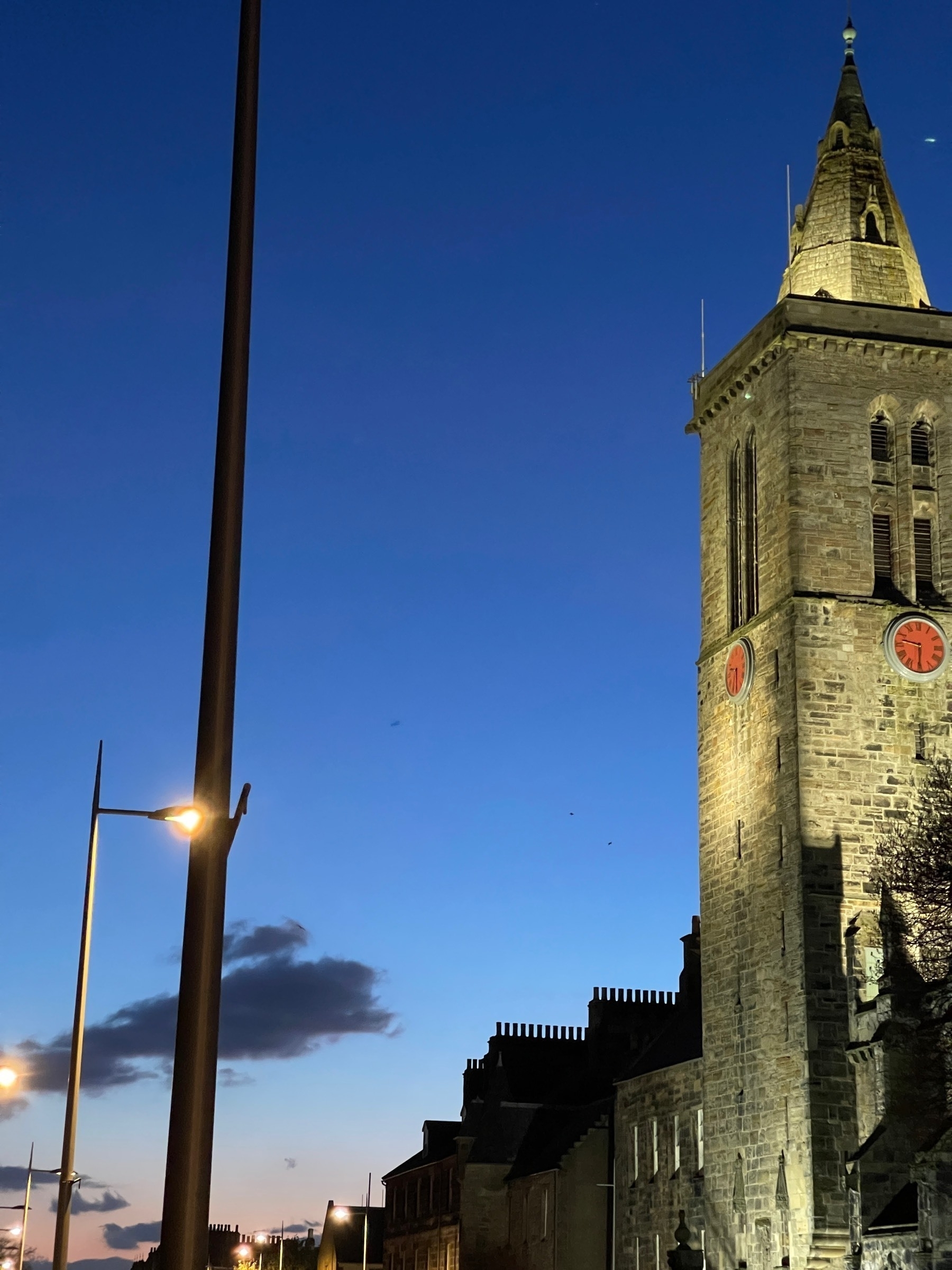So, All Born Screaming is fantastic. Front to back, my favorite thing Annie Clark (aka St. Vincent) has ever done. Echoes of Nine Inch Nail, Talking Heads, & David Bowie are all here, but this record sounds like nothing more than Clark at her most creatively liberated. Highly Recommended!🎵
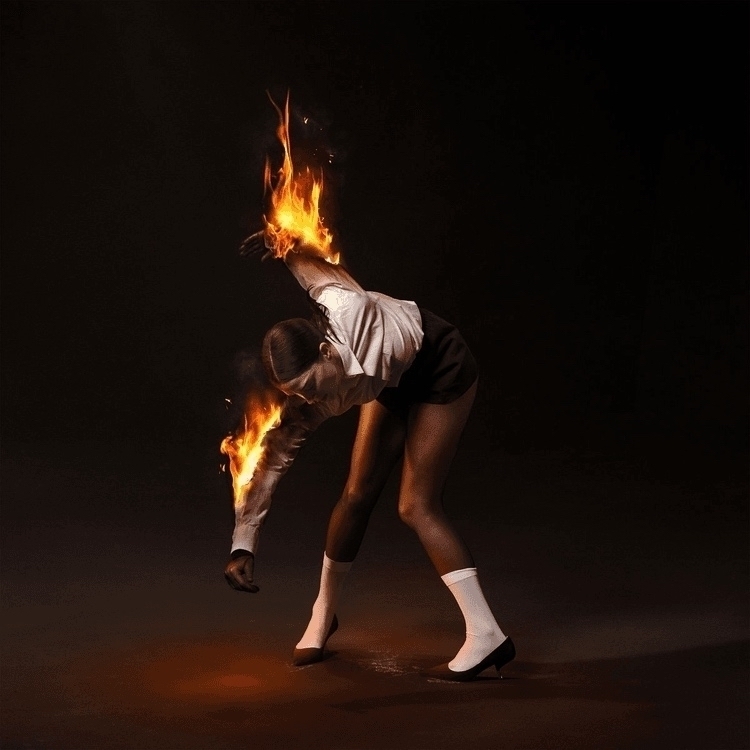
Watched First Reformed with Anna. Her first viewing, my second. Such a powerful film. Having just watched Diary of a Country Priest the night before really changed my viewing of it this time around.
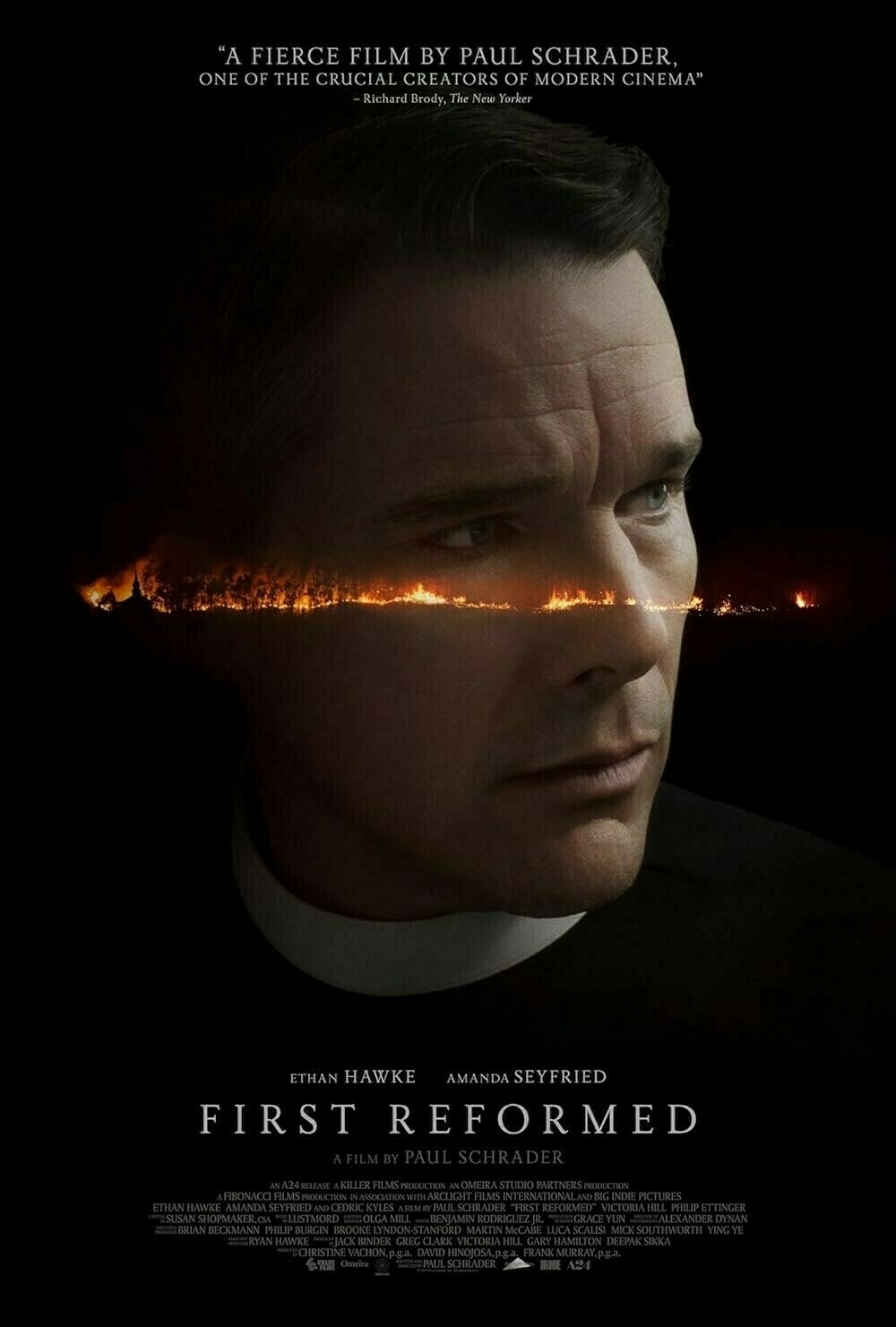
🎵Listening to different versions of “Wayfaring Stranger” while I cook dinner. I think this one by Rhiannon Giddens is probably my favorite, but I’m a fan of the grittiness of this one as well, from the soundtrack of The Last Of Us II. Do you know the song? Have a favorite version?
Well, this could be a bit of a time suck… 😬

I was first introduced to John O’Donohue years ago by my friend David, via this amazing interview by Krista Tippett for On Being. I finally picked up the book that made him such a beloved voice for so many a couple of weeks ago and I’m really enjoying it at the moment. 📚#worldbookday
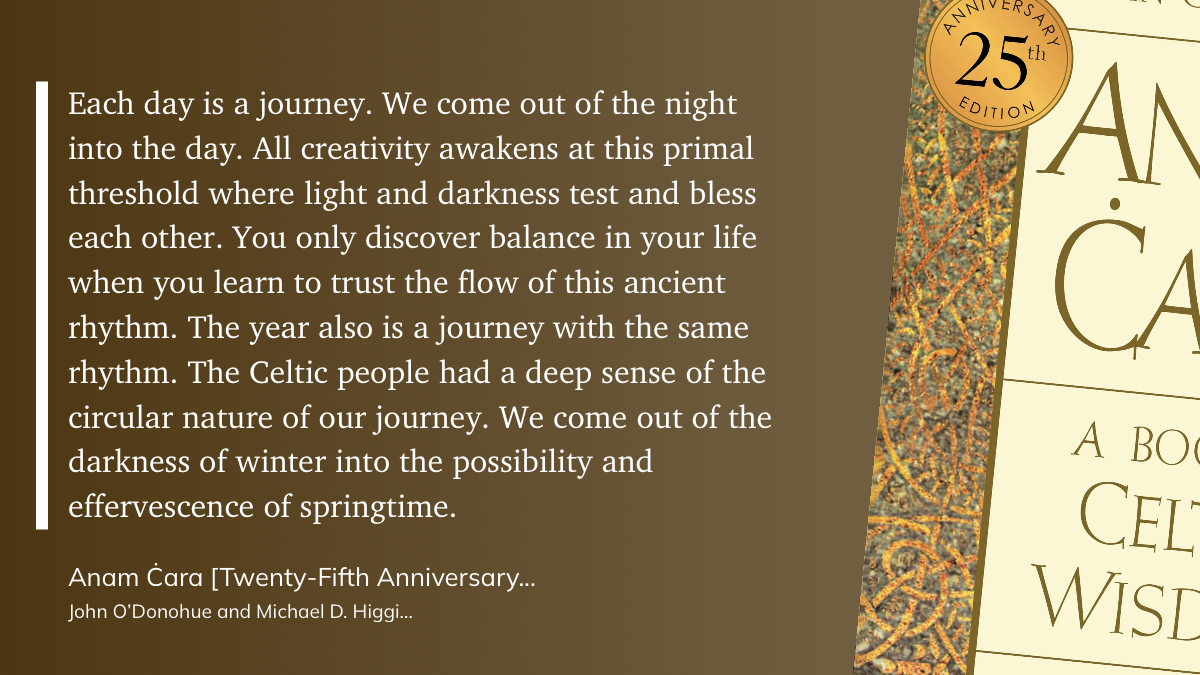
Had the opportunity to visit the exhibition of Nick Cave’s The Devil — A Life at the Xavier Hufkens Gallery (St-Georges) in Brussels just over a week ago. I found it beautiful, and surprisingly moving. - 🎨
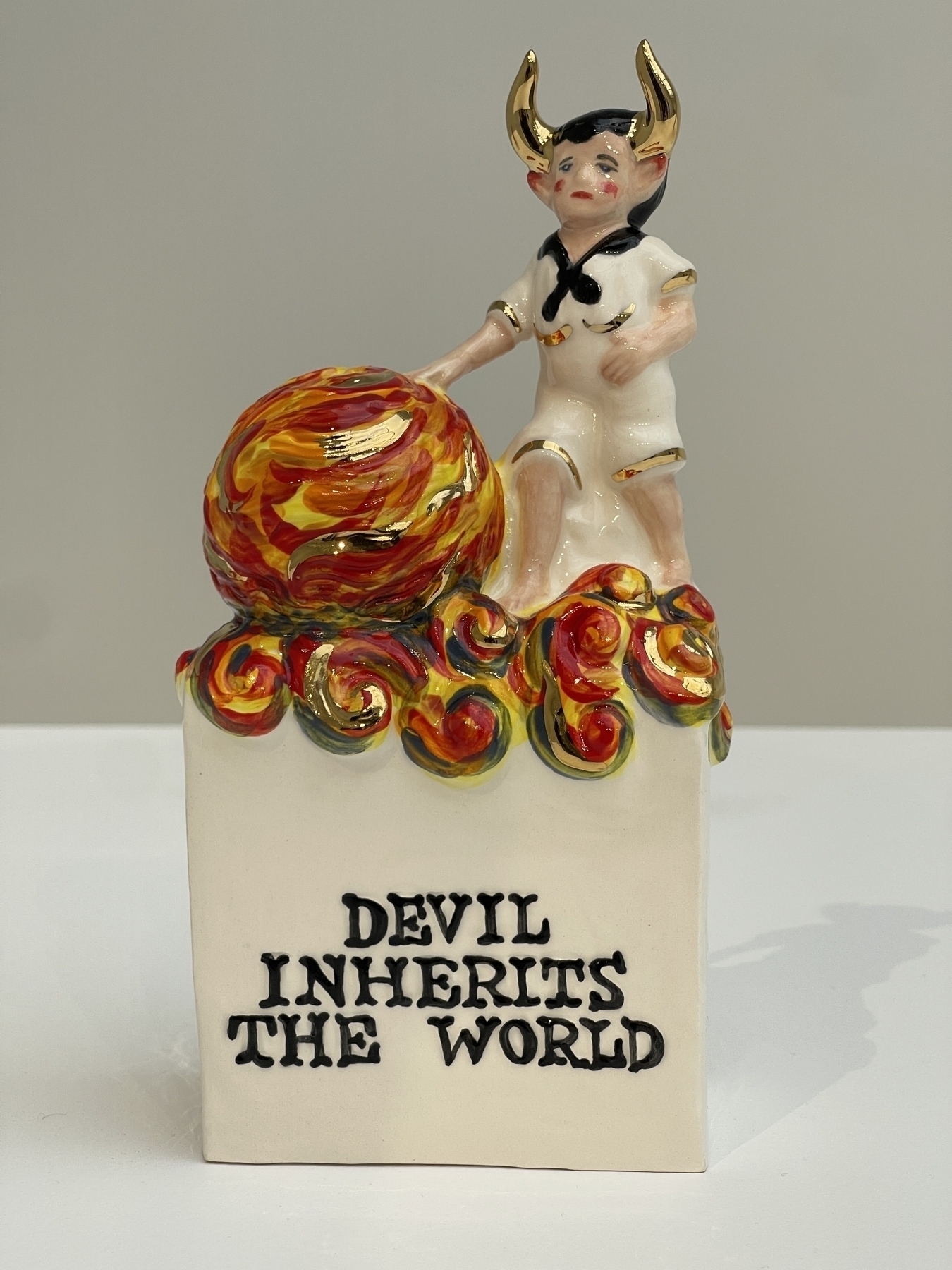
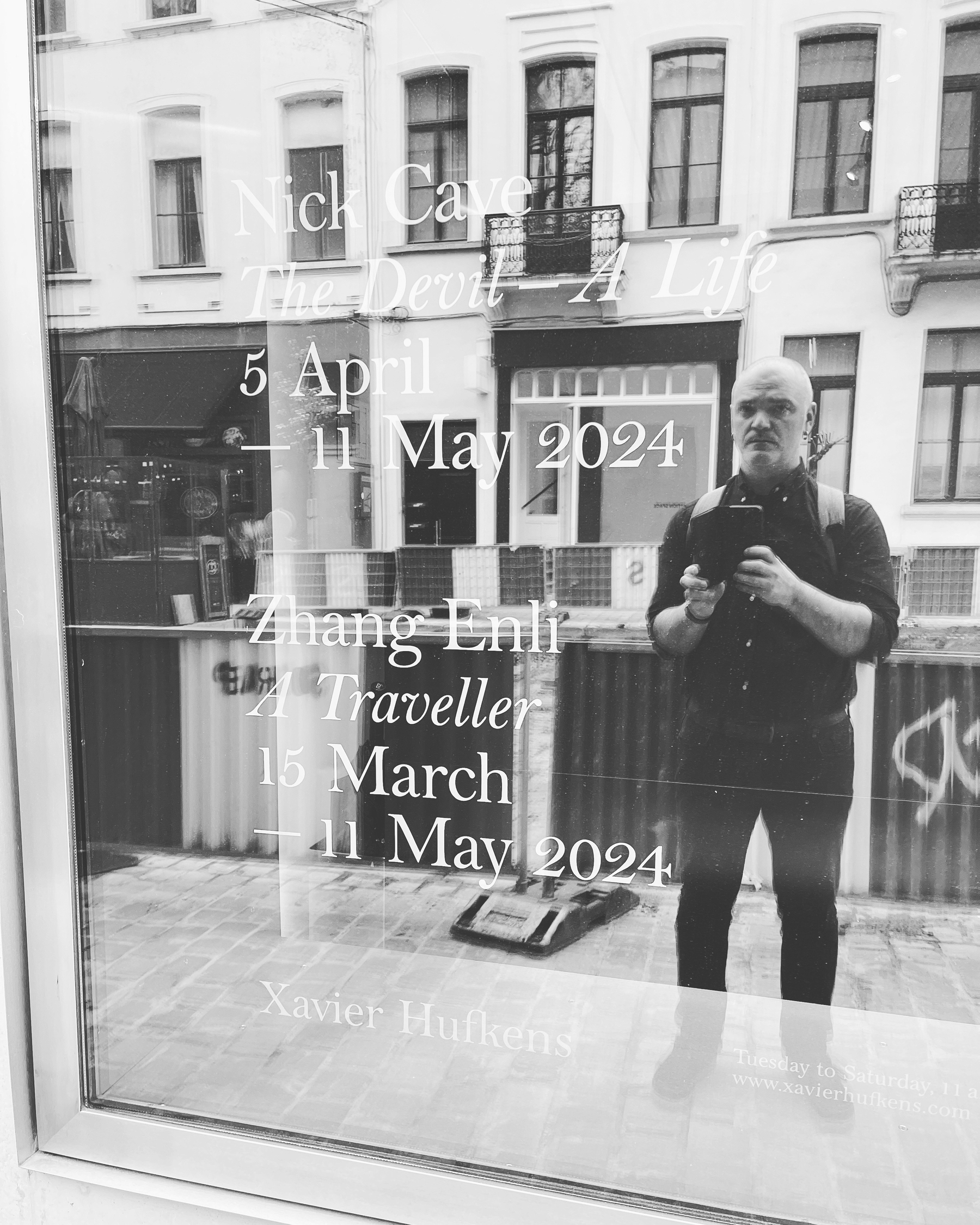
Eco again (File under “Things that fuel this researcher’s neuroses”): “An idea contained almost by mistake on a page of an otherwise useless (and widely ignored) book may prove decisive for your research. You must discover this page on your own, with your own intuition and a little luck, and without anybody serving it to you on a silver platter.”
Umberto Eco on asking librarians for aid as you research your thesis: ”You must overcome any shyness and have a conversation with the librarian, because he can offer you reliable advice that will save you much time. You must consider that the librarian (if not overworked or neurotic) is happy when he can demonstrate two things: the quality of his memory and erudition and the richness of his library, especially if it is small. The more isolated and disregarded the library, the more the librarian is consumed with sorrow for its underestimation. A person who asks for help makes the librarian happy.”
